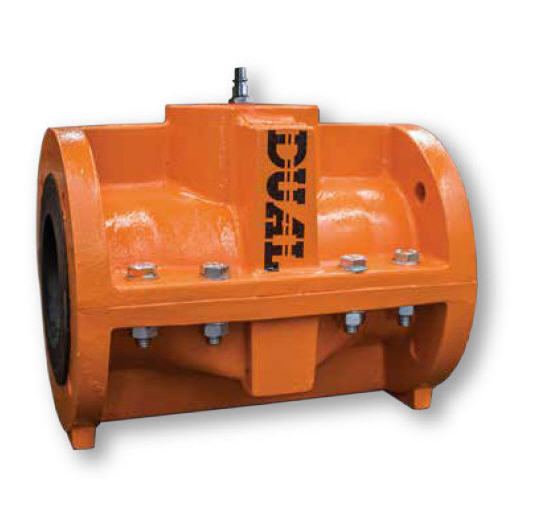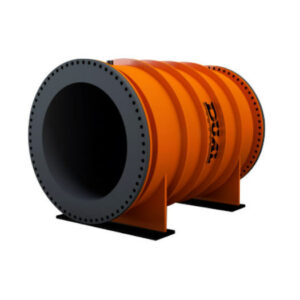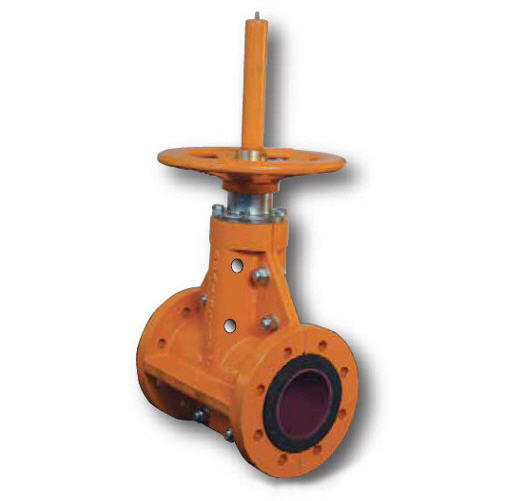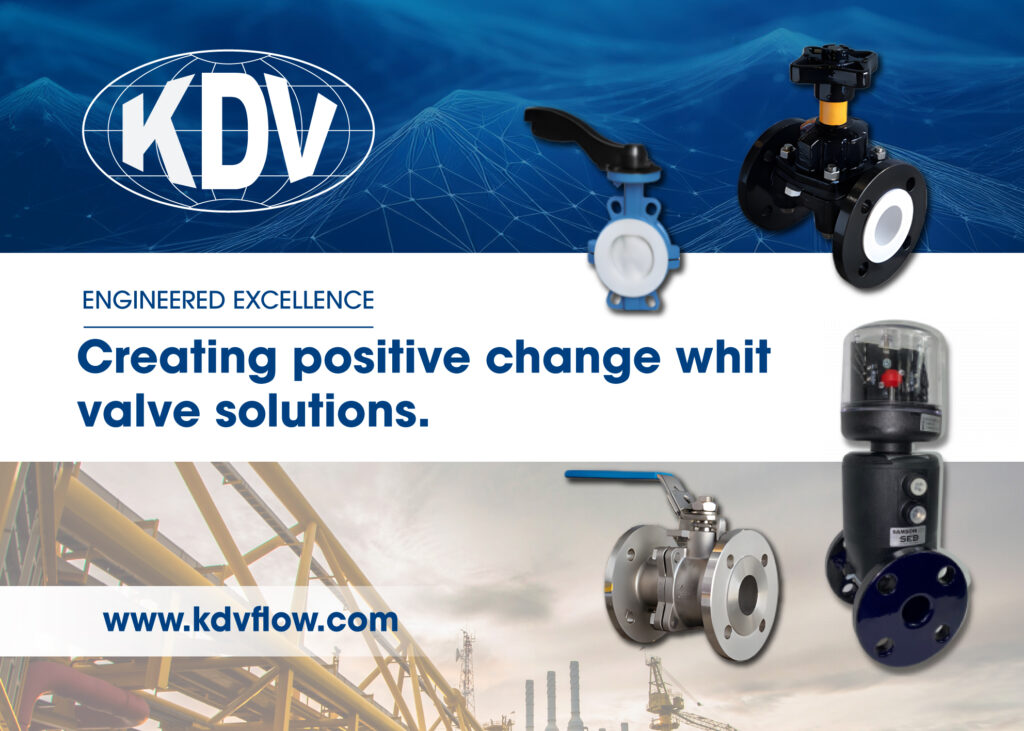Pinch Valves
Pinch valves are specialized valves used to control the flow of liquids or gases in industrial systems, particularly in applications where the handling of abrasive materials or slurries is common. The unique design of a pinch valve consists of a ... Read More
-
Manufacturers
-
Industries
-
Body Material
-
Media
-
Design Standards
-
ANSI / ASME Ratings
-
Country
-
Actuation Method
-
Applications
-
 Cast SteelAggressive
Cast SteelAggressive4MPV Series Pinch Valve

-
 Carbon SteelLiquidsShut Off Applications
Carbon SteelLiquidsShut Off ApplicationsDual Pinch Valve Enclosed Body Type (DPVE)

-
 Carbon SteelLiquidsHighly Abrasive
Carbon SteelLiquidsHighly AbrasiveDual Pinch Valve Open Type (DPVO)

-
 Cast AluminiumLiquidsHighly Abrasive
Cast AluminiumLiquidsHighly AbrasiveDual Pneumatic Pinch Valve (DPPV)

-
 Cast AluminiumLiquidsHighly Abrasive
Cast AluminiumLiquidsHighly AbrasiveDual Pneumatic Pinch Valve Large (DPPV-L)

-
 Cast AluminiumFlow ControlLiquids
Cast AluminiumFlow ControlLiquidsDual Single Pinch Valve (DSPV)

-
 Cast AluminiumFlow ControlLiquids
Cast AluminiumFlow ControlLiquidsDual Straight Through Pinch Valve (DSTPV)

-
-
 Carbon SteelThermal oilProcess Industry Applications
Carbon SteelThermal oilProcess Industry ApplicationsPinch Valve PN16- Class 150

Category Description
Pinch valves are specialized valves used to control the flow of liquids or gases in industrial systems, particularly in applications where the handling of abrasive materials or slurries is common. The unique design of a pinch valve consists of a flexible rubber sleeve that is pinched to stop the flow and released to allow it. This simple yet effective mechanism makes pinch valves ideal for systems in industries such as oil and gas, mining, wastewater treatment, and chemical processing, where the flow of viscous or particulate-laden fluids needs to be controlled.
The rubber sleeve in a pinch valve can be easily replaced, making maintenance relatively simple. These valves are designed to minimize wear and tear on the valve body, as the only moving part is the actuator that pinches the sleeve. Pinch valves are available in manual and automated versions to suit a variety of operational needs.
Regular maintenance is crucial to ensure the valve continues to function properly, especially for applications involving abrasive or corrosive materials. Proper upkeep helps extend the lifespan of the valve, maintaining efficient operation in demanding industrial environments.













